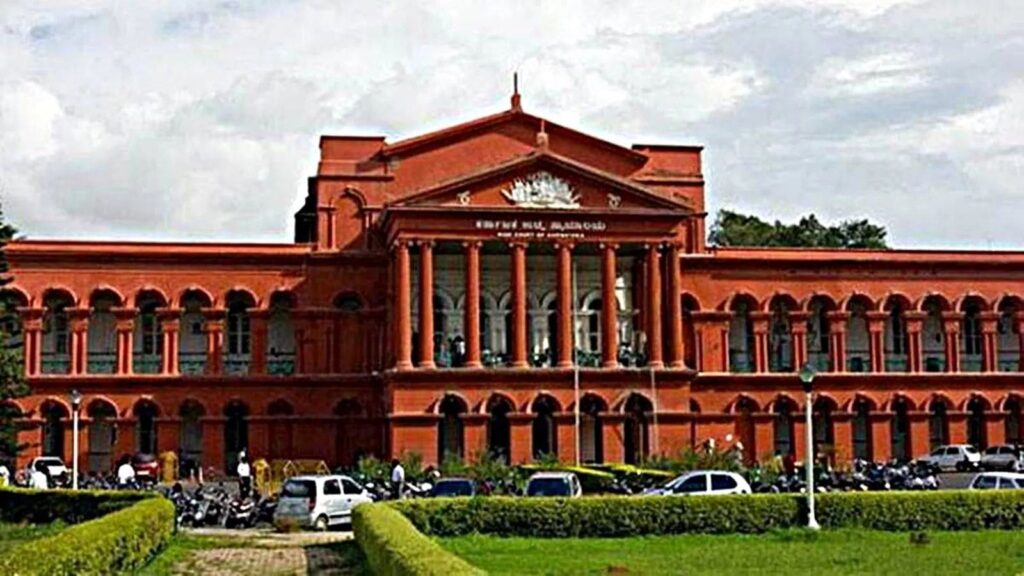Four years after the Karnataka High Court struck down amendments to the state Police Act which aimed to ban online gambling, the government is making another attempt to ban online gambling, betting and related activities. Taking a cue from the previous judgment on the issue, the state government has also decided to differentiate between ‘Game of Chance’ and ‘Game of Skill’ to ensure effective curbs against online betting.
Apart from this, the Karnataka Police (Amendment) Bill, 2025, also provides for the establishment of an Online Gaming and Betting Regulatory Authority (KOGBRA) to oversee, regulate and enforce the provisions against online gambling.
As per the proposed legislation, a ‘Game of Chance’ is defined as “any game, contest, or activity where the outcome is predominantly determined by luck, randomness, or uncertainty, and includes online gambling, betting and wagering activities. The ‘Game of Skill’, meanwhile, is any “game, contest or activity where the outcome is predominantly determined by the skill, knowledge, training or expertise of the participant as recognised by judicial precedent”.
The lack of a proper distinction between the two types of games was one of the main reasons that led the high court to rule against the amendments introduced in 2021. Now, with this differentiation, the government aims to surpass the legal hurdle faced to ensure comprehensive legislation for online gaming in the state.
Among the amendments being introduced is a section titled Regulation of Online Betting. “All forms of online betting, wagering, or gambling involving games of chance, including the use of money, tokens, virtual currency, or electronic funds, are prohibited: Provided that, the Games of skill, as determined by the State Government or a designated authority, shall be exempt from this prohibition, subject to regulation and licensing,” it says.
KOGBRA is being instituted to distinguish between ‘games of skill’ and ‘games of chance’ “based on judicial precedents and industry standards”, to issue licenses to operators running skill-based gaming platforms, monitor and investigate unregistered platforms and illegal betting activities, and to create awareness on the risks of online betting.
The authority will collaborate with educational institutions, law enforcement and social welfare organisations to create awareness on the dangers of online betting and addiction. It will also be empowered to develop and deploy technology to block unregistered online betting platforms such as websites, mobile apps and related digital services.
Story continues below this ad
Penalties for violating the restrictions proposed in the amendment include a jail term of three years and a fine which may extend to Rs 1 lakh. “Any person aiding, abetting, or promoting illegal online betting, including through advertisements or endorsements, shall be punishable with imprisonment for a term which may extend to six months or a fine which may extend to ten thousand rupees,” the draft Bill said.


